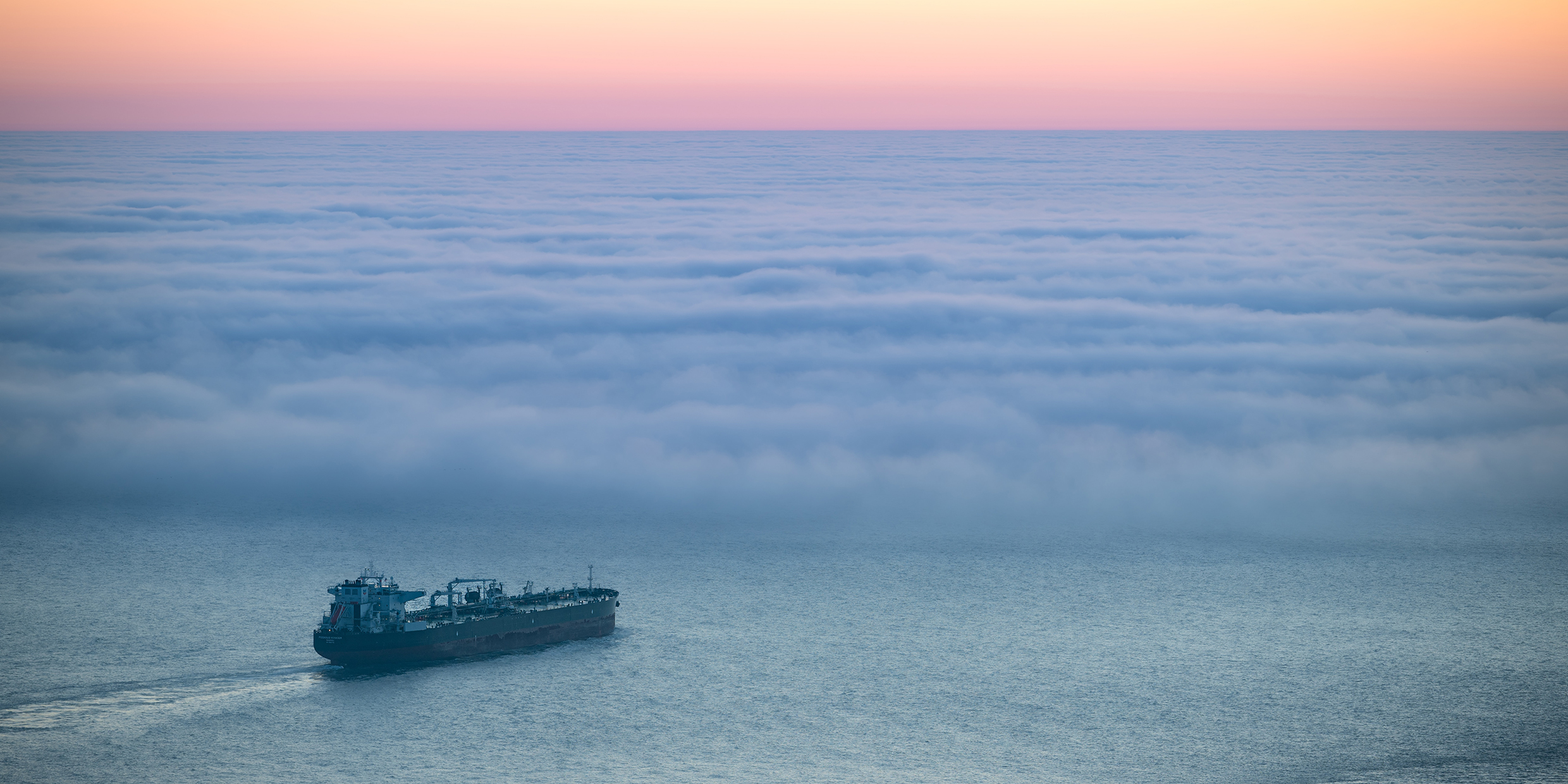Originally published 31 August 2008
Viking, North Utsire, South Utsire, Forties, Cromarty, Forth, Tyne, Dogger, Fisher, German Bight, Humber, Thames, Dover, Wight, Portland, Plymouth, Biscay, Trafalgar, Fitzroy, Sole, Lundy, Fastnet, Irish Sea, Shannon, Rockall, Malin, Hebrides, Bailey, Fair Isle, Faeroes, Southeast Iceland. Anyone who has lived in Britain or Ireland for any length of time will recognize these names. They are the sea areas for the shipping forecasts broadcast four times daily by BBC Radio 4, at 5:20, 12:01, 17:54, and 00:48 hours.
Needless to say, I have never heard the midnight or early morning forecasts, but I have lived in England and Ireland long enough to have listened to the midday and late-afternoon forecasts many, many times. Anyone in these islands who goes to sea will tune their radios to the appropriate frequency, but of course the forecasts will be heard by everyone who listens to Radio 4, and that includes a goodly part of the housebound population. It is probably fair to say that the shipping forecast is as much a part of the British national consciousness as Buckingham Palace, afternoon tea, and Beefeater Gin.
For all of their serious intent, the forecasts are a kind of poetry, felicitous to the ear and provocative to the imagination. A typical segment might go something like this:
Shannon, Lundy, Sole. Westerly backing southwesterly 3 or 4 increasing 6 later. Showers, wintry at times. Good.
This is a kind of code. A translation: The wind will initially be from the west, swinging anti-clockwise to the southwest later, at force 3 or 4 on the Beaufort scale, later increasing to force 6. The weather will be showery, with wintry rain at times. Visibility will be at least five miles.
The Beaufort wind scale was devised in 1806 by Captain Francis Beaufort, later Admiral. He used as his standard the effect of the wind on a typical British man-of-war. For example, a force 2 wind would move a full-rigged vessel at 5 or 6 knots. In a force 12 wind, a ship could carry no rigging at all. Force 0 is dead calm. Force 12 is hurricane.
Dogger, Fisher, German Bight. Southerly 6 or 7 decreasing 4. Occasional rain. Moderate or poor.
Visibility is defined in a curious combination of meters and nautical miles. For example, “Fog” is less than 1000 meters. “Poor” is between 1000 meters and two nautical miles. So deeply entrenched are these conventions that is is unlikely they will be rationalized.
Trafalgar, Fitzroy, Biscay. Variable 3 or 4. Fair. Moderate with fog patches.
Ah, Trafalgar! There’s a name to elicit British emotion! The great sea battle in which Nelson defeated the French and lost his life takes its name from Cape Trafalgar in Spain. The Trafalgar sea area is only included in the after midnight report, unless gale warnings are involved.
And Fitzroy! What is this sea area Fitzroy? During my several residences in England it was Finisterre.
In a rare disruption of tradition, the Finisterre sea area in the shipping forecast was renamed Fitzroy in 2002 to honor Captain Robert Fitzroy, later Vice Admiral, who in 1854 was named head of the newly-established Meteorological Department of the Board of Trade. He introduced the first British storm forecasting service, and apparently was the first to use the word “forecast.” Most of us will know him best as the Captain of H.M.S. Beagle during young Charles Darwin’s voyage into history. He was in the audience at the famous 1860 Oxford debate on evolution between Thomas Huxley, Darwin’s young protege, and Bishop Samuel Wilberforce. In the uproar that followed that debate’s climatic confrontation, Fitzroy leapt to his feet in a rage, waving a copy of the Scriptures. “Here is truth,” he cried, “nowhere else.” He was shouted down.
Fair Isle, Viking, Cromarty, Forties, Forth, Tyne. The names have become as familiar in these isles as a list of the kings and queens of England. The seventh Glanmore Sonnet by the Irish poet Seamus Heaney begins with “Dogger, Rockall, Malin, Irish Sea,” the words rolling off the tongue in a long, ominous swell. “Green, swift upsurges, North Atlantic flux/ Conjured by that strong gale-warning voice,” the poet continues, and one can imagine a young Northern Irish lad sitting by the wireless on a stormy night, learning something of his future craft from the refined accents of the BBC continuity announcer and the names that give a stirring substance to the enclosing sea.
Humber, Thames, Dover, Wight. Easterly 3 or 4 occasionally 5 at first. Rain later. Good.
Will the shipping forecast survive? Even small pleasure craft now carry an array of electronic devices to monitor place and depth and weather forecasts. In a sense, the BBC broadcasts have become as redundant as the monarchy. But I would not expect either the Queen or the shipping forecast to abdicate anytime soon.



